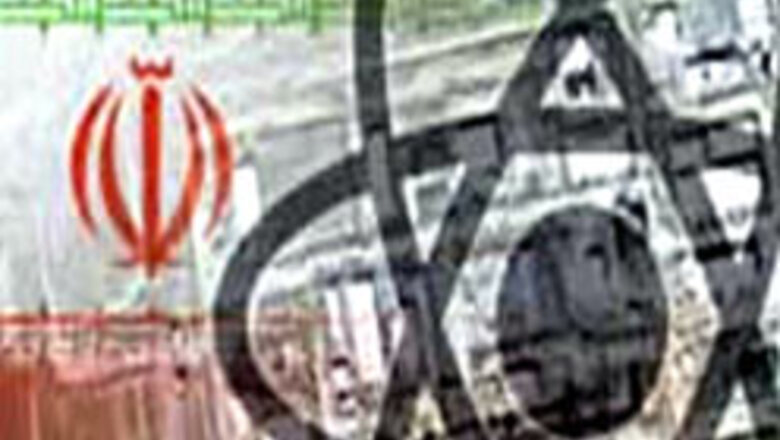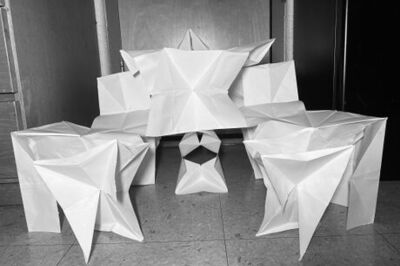
views
Washington/Vienna: The United States on Tuesday said non-military measures can be effective against Iran's nuclear ambitions and called for a new round of tougher UN sanctions if Tehran fails to halt nuclear enrichment that could be used to produce weapons.
After the bitter process that produced a first sanctions resolution last December, senior US officials said they were inclined to shift focus away from UN action to unilateral measures, like a US crackdown on Iran's overseas banks, to put pressure on the Tehran government.
But speaking to a conference in Munich, Gregory Schulte, US ambassador to the International Atomic Energy Agency, said that if Iran continues to defy UN Security Council demands on halting enrichment the council "must stand ready to consider additional measures" after receiving an IAEA report on February 21.
US and European officials said the administration initially underestimated the UN resolution – adopted unanimously and weaker than Washington wanted – but now believes it has had an important impact by fueling debate in Iran over how to deal with the West.
IAEA Executive Director Mohammed ElBaradei is due to report on February 21 on Iran's compliance with the UN demands. Instead of halting enrichment, the Islamic republic has taken steps to move from research to full-scale enrichment, thus upping the stakes in a standoff with the West.
Russia, main opponent to the first sanctions resolution, is expected to once again seek to thwart or weaken a second resolution, but US officials said Iran's push to full-scale enrichment could cause Moscow to rethink its position.
Schulte praised the European Union for swiftly implementing the UN resolution, which bans trade in nuclear weapons and ballistic missile technology.
He said the EU even exceeded the requirements by banning any travel by 12 Iranians designated under the resolution and banning any trade in the designated technology, even with non-nuclear uses.
But Schulte repeated US warnings that Europeans could do more, including ending credits subsidizing exports to Iran and taking other measures to discourage investment.
"A non-military campaign, if serious and sustained, and supported by other like-minded countries, has the potential to succeed against a regime that has failed to deliver on its economic promises, that needs foreign investment to sustain government revenue and that faces increasing opposition at home," he said.
The public US push for tougher EU action has prompted talk of another transatlantic row but a senior European diplomat denied a confrontation was looming. "Each country is free to adopt decisions as appropriate ... It doesn't mean this nuance between the United States and EU is triggering tensions," he said.
Whatever they do, the United States and Europe must avoid appearing as if the West is on a new "crusade" against Muslim countries, the diplomat added.
Tough US rhetoric and a declaration to take action against Iranians, Washington says are aiding insurgents in Iraq has fanned speculation about potential US military action against Iran.
US officials have played down the military option and European officials have said they accept these assurances.
The United States and its allies have accused Iran of pursuing nuclear weapons while Tehran insists it only aims to produce energy.
Tehran also denies US charges it is abetting violence in Iraq, including attacks against US forces there.

















Comments
0 comment